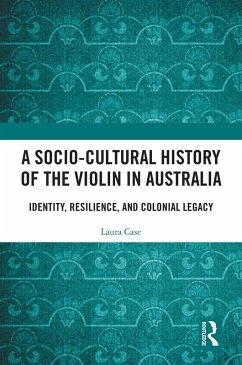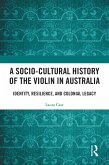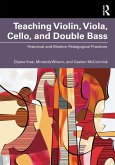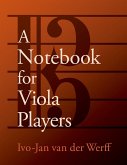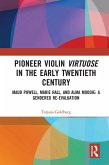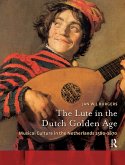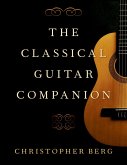Initially introduced by British settlers, the violin emerged as a powerful cultural symbol across social classes, genders, and ethnic backgrounds. Through a historical lens, this narrative examines the violin's integration into Australian society, reflecting the complexities of identity, colonial values, and Indigenous resilience. Featuring an in-depth analysis of diverse historical sources, such as newspapers, letters, and musical programmes, readers are offered a comprehensive view of Australia's musical past. Each chapter highlights notable violinists, illustrating how the violin either reinforced or challenged existing social hierarchies. This exploration extends into broader themes of colonisation, empire, and cultural survival. By uncovering an overlooked facet of Australia's cultural landscape, this study significantly contributes to the fields of music history, colonial studies, and Australian history.
Aimed at an academic audience, this book will appeal to those interested in colonial history, Australian music, and cultural studies. Through its detailed analysis, it offers an essential resource for understanding the ways that music served as a medium for both cultural continuity and transformation in Australia's complex colonial context.
Dieser Download kann aus rechtlichen Gründen nur mit Rechnungsadresse in A, B, BG, CY, CZ, D, DK, EW, E, FIN, F, GR, HR, H, IRL, I, LT, L, LR, M, NL, PL, P, R, S, SLO, SK ausgeliefert werden.

